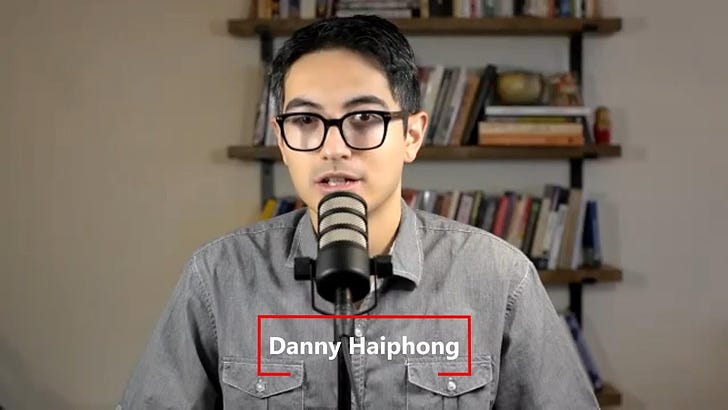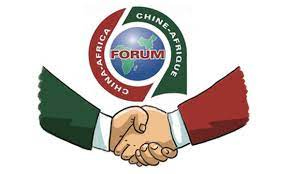How the West Distorts the China-Africa Relationship
China-Africa relations have been characterized as nefarious, with China being labeled a "New Colonizer." But is it true?
The China-Africa relationship is one of historic importance. The relationship has been slandered repeatedly by the Western media. China is always at the center of the slander, with partner nations in Africa treated worse than an afterthought. A colonial attitude on the part of the West and its ringleader, the United States, remains a dominant trend in g…



